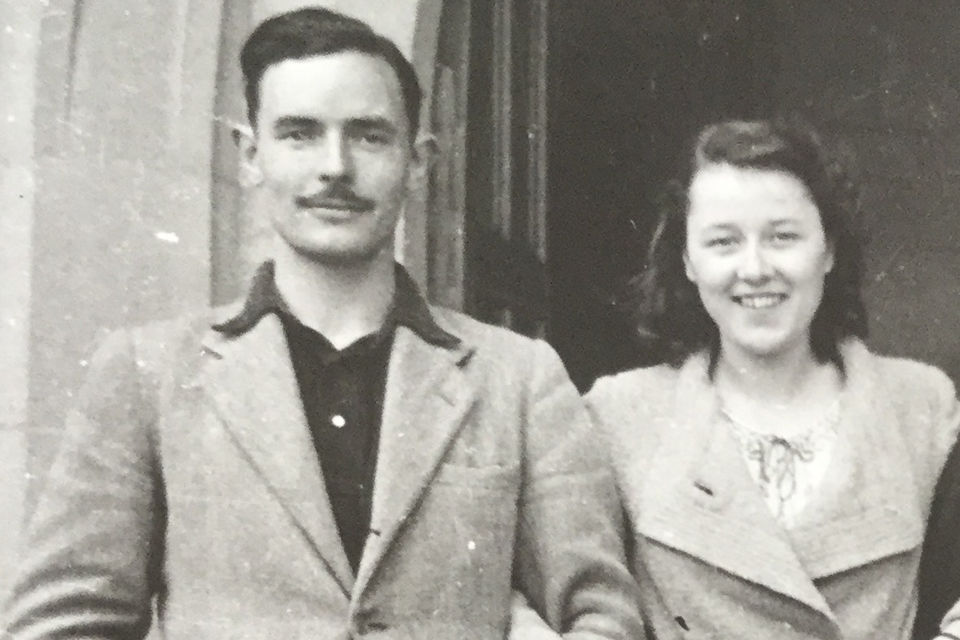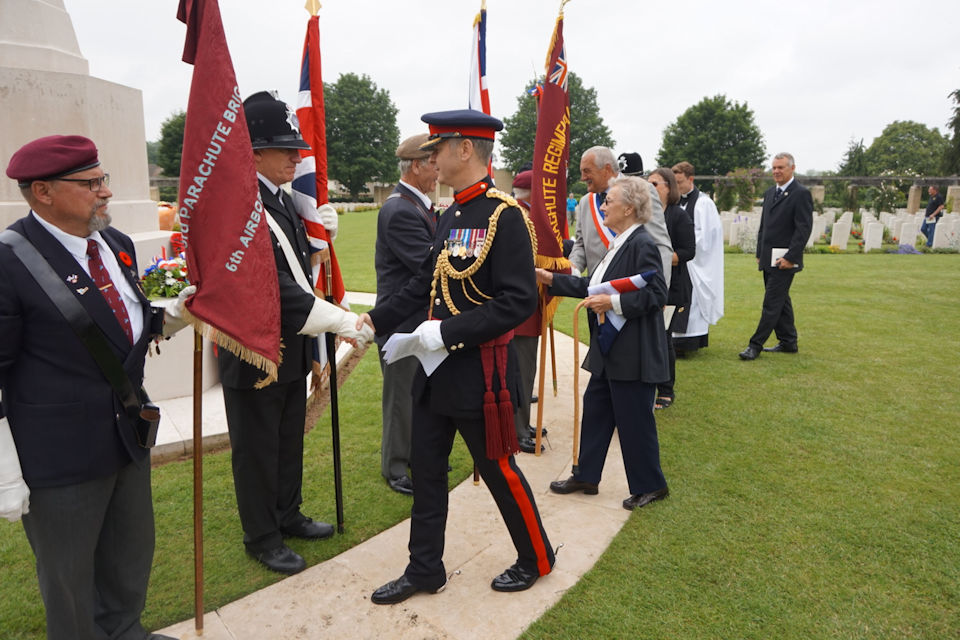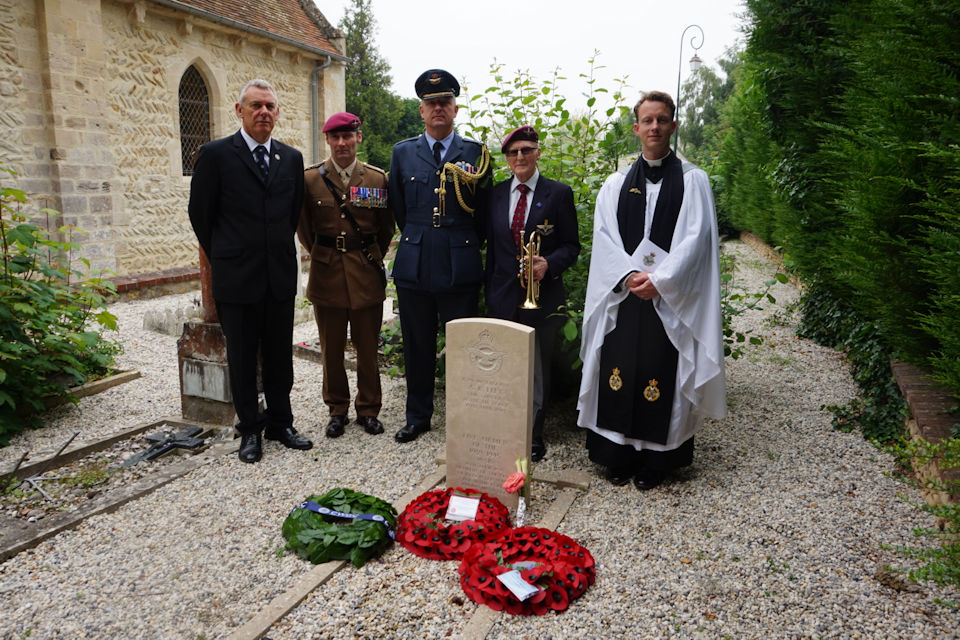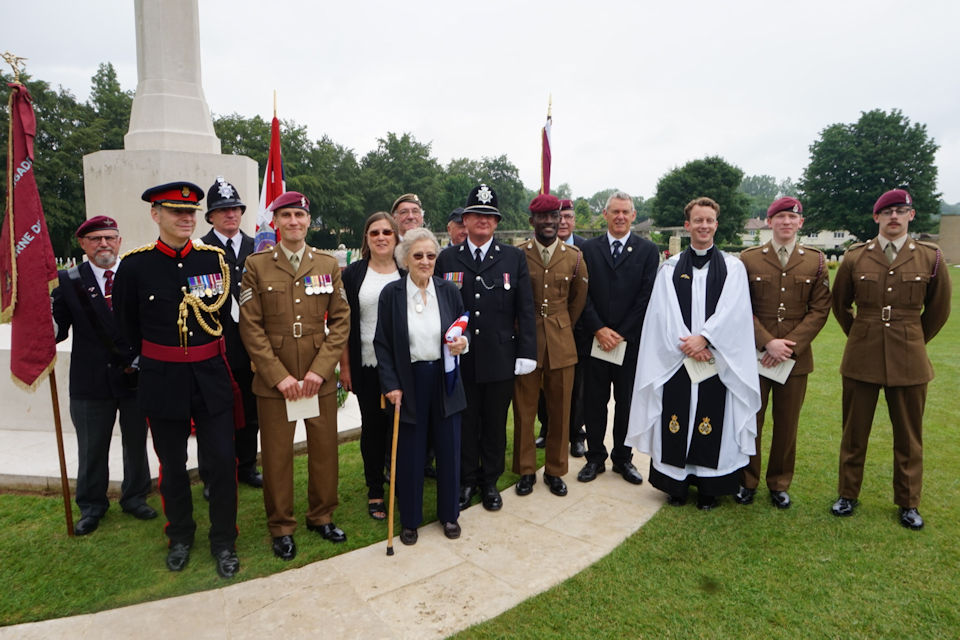News story: Andy King and Bronwyn Curtis OBE appointed to the OBR
The Chancellor, Philip Hammond, today (Friday 8 June) announced his nomination of Andy King for appointment as a member of the Office for Budget Responsibility’s (OBR) Budget Responsibility Committee (BRC) and the appointment of Bronwyn Curtis OBE as the new non-executive member of the OBR board.
Pending the consent of the Treasury Committee, Mr King will take up his role at the start of September 2018 when Graham Parker steps down. Ms Curtis will take up her role immediately.
The Chancellor, Philip Hammond said:
I am very pleased to nominate Andy King for appointment to the OBR’s Budget Responsibility Committee. He has considerable experience and expertise in fiscal forecasting and a deep understanding of the UK economy and public finances.
I am also delighted to appoint Bronwyn Curtis as a non-executive member of the OBR, where her extensive management experience across the public and private sectors will be a valuable asset.
I would like to thank Graham Parker and Lord Burns for their significant contributions to the world-class work of the OBR over the last several years, and wish them all the best for the future.
The Chairman of the OBR, Robert Chote said:
I warmly welcome the Chancellor’s decision to nominate Andy King to the BRC and to appoint Bronwyn Curtis as one of our two non-executive members.
Andy has made an enormous contribution to the OBR already as Chief of Staff and his wide and deep knowledge of the public finances marks him out as a worthy successor to Graham Parker.
Bronwyn brings many years of experience as a private sector economist and executive and she will be a fantastic source of support and challenge, ensuring that we maintain and build on our reputation for independence, rigour and transparency.
Andy King said:
I am delighted that the Chancellor has nominated me for appointment to the OBR’s Budget Responsibility Committee. It has been a privilege to support the work of Graham Parker and the rest of the BRC over the past five years. It would be an honour to continue that work as a member of the BRC, should the Treasury Committee wish me to do so.
Bronwyn Curtis said:
I am delighted to be appointed by the Chancellor as a non-executive director at the Office for Budget Responsibility. Lord Burns and the other past non-executives have done excellent work overseeing the work and reputation of the OBR, and I am honoured to take up the post.
About the OBR
The OBR was created in 2010 to provide independent analysis of the UK’s public finances. The OBR is led by the three members of the BRC who have executive responsibility for carrying out the core functions of the OBR, including any judgements made in the preparation of the economic and fiscal forecasts. The current members of the BRC are:
- Robert Chote (Chair)
- Professor Sir Charlie Bean
- Graham Parker CBE
The OBR’s oversight board consists of two non-executive members and the three BRC members and ensures there is effective risk management, governance and internal control of the organisation.
About the appointees
Andy King has been Chief of Staff at the OBR since 2013. Andy has worked in a range of macroeconomic policy roles at the Treasury, including in fiscal policy, macroeconomic policy, monetary policy and relations with international organisations. Andy also worked as a macro-fiscal advisor in the Liberian Finance Ministry. He was appointed to the IMF Fiscal Affairs Department’s panel of technical experts in 2014, and has since advised several Finance Ministries in Africa and Asia on approaches to fiscal governance, reporting and forecasting.
Bronwyn Curtis OBE is a global financial economist who has served in senior executive positions in both the financial and media sectors. She has served as Chairman of the Society of Business (now Professional) Economists and a Council/Board Member of the National Institute of Economic and Social Research. She has also held a number of roles on boards of academic institutions and is a patron of ProBono Economics. Bronywn has worked as a consultant to the World Bank and UNCTAD on commodity projects in West Africa, Asia and the Caribbean.
About the appointment process
The appointments have been made following an open recruitment process. Appointments to the BRC are conducted by the Treasury, appointments of non-executives are conducted by the OBR.
The interview panel for the BRC position was chaired by Clare Lombardelli (Chief Economic Advisor) and also included Robert Chote (the Chairman of the OBR), and an HR representative. The interview panel then made a recommendation to the Chancellor which informed his decision. Appointments to the BRC are subject to the consent of the Treasury Committee.
The interview panel for the non-executive position was chaired by Sir Christopher Kelly (Non-executive member of the OBR) and also included Robert Chote (the Chairman of the OBR), and Vanessa MacDougall (Director of Economics Group at the Treasury). The interview panel then made a recommendation to the Chancellor which informed his decision.
We are committed to appointing a diverse range of people to public appointments, including at the OBR. The gender breakdown for each appointment is below:
| Application stage | Shortlisted for interview | Appointee | |
|---|---|---|---|
| BRC member | 0 women, 6 men | 0 women, 4 men | 1 man |
| Non-executive director | 1 woman, 5 men | 1 woman, 2 men | 1 woman |



